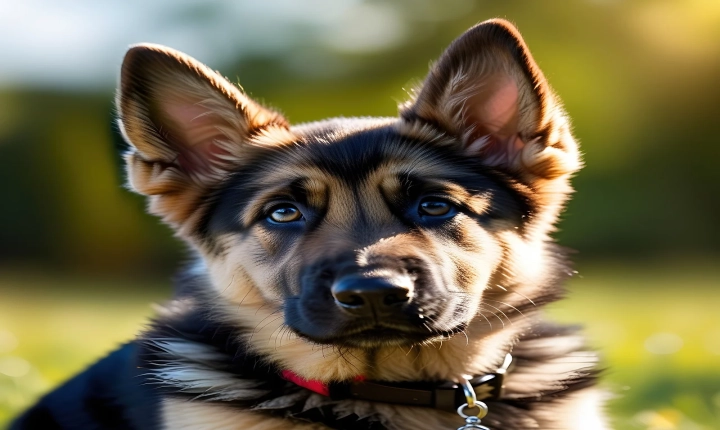Title: Exploring the Future of Photography: Making Photos Using AI
In recent years, the impact of artificial intelligence (AI) has permeated almost every aspect of our lives, and photography is no exception. The integration of AI technology into the world of photography has revolutionized the way we capture and edit images, making the process more efficient, creative, and accessible to all.
AI-powered photo editing tools have empowered both amateur and professional photographers to bring their vision to life with unprecedented ease. From enhancing the quality of images to automating the editing process, AI has diversified the possibilities and capabilities of photography.
One of the most remarkable applications of AI in photography is in the realm of image enhancement. Through AI algorithms, images can be upscaled, denoised, and color-corrected with incredible precision. The ability to restore old, damaged photographs or improve the quality of low-resolution images has become more accessible thanks to AI technology.
Additionally, AI-driven composition and framing tools provide photographers with suggestions for cropping and framing their shots. By analyzing the content of the image, AI algorithms can recommend the most aesthetically pleasing compositions, assisting photographers in capturing the perfect shot.
Furthermore, AI has revolutionized the process of post-processing by offering intelligent editing solutions. From automatic background removal to advanced retouching features, AI-powered editing tools have simplified and expedited the editing workflow. Moreover, AI can understand the context and content of an image to apply appropriate adjustments, such as sky replacement and object removal, with remarkable precision.
Another revolutionary aspect of AI in photography is the creation of entirely new images through generative adversarial networks (GANs). These networks can generate realistic-looking images that do not exist in the real world, opening up a world of creative possibilities for photographers and artists.
The integration of AI into the photography workflow has also simplified image organization and management. AI-based image recognition and tagging allow for efficient categorization and searching of large image libraries. This not only saves time but also enables photographers to better organize their work and locate specific images with ease.
Moreover, the rise of AI-powered cameras and smartphones has enabled users to capture high-quality images without the need for extensive technical knowledge. Features such as scene recognition, automatic adjustments, and real-time image enhancement ensure that users can capture stunning photos effortlessly.
While the integration of AI in photography presents numerous benefits, it also raises questions about the future of the industry. As AI continues to advance, there are concerns about how it may impact the role of the photographer and the authenticity of images. However, AI should be seen as a powerful tool that complements and enhances the artistic vision of photographers, rather than replacing their creative input.
In conclusion, the incorporation of AI into photography has transformed the way we capture and manipulate images. From image enhancement to intelligent editing solutions, AI has expanded the creative possibilities for photographers of all levels. As AI technology continues to evolve, it is certain that we will witness further innovations in the field of photography, shaping the future of visual storytelling.
